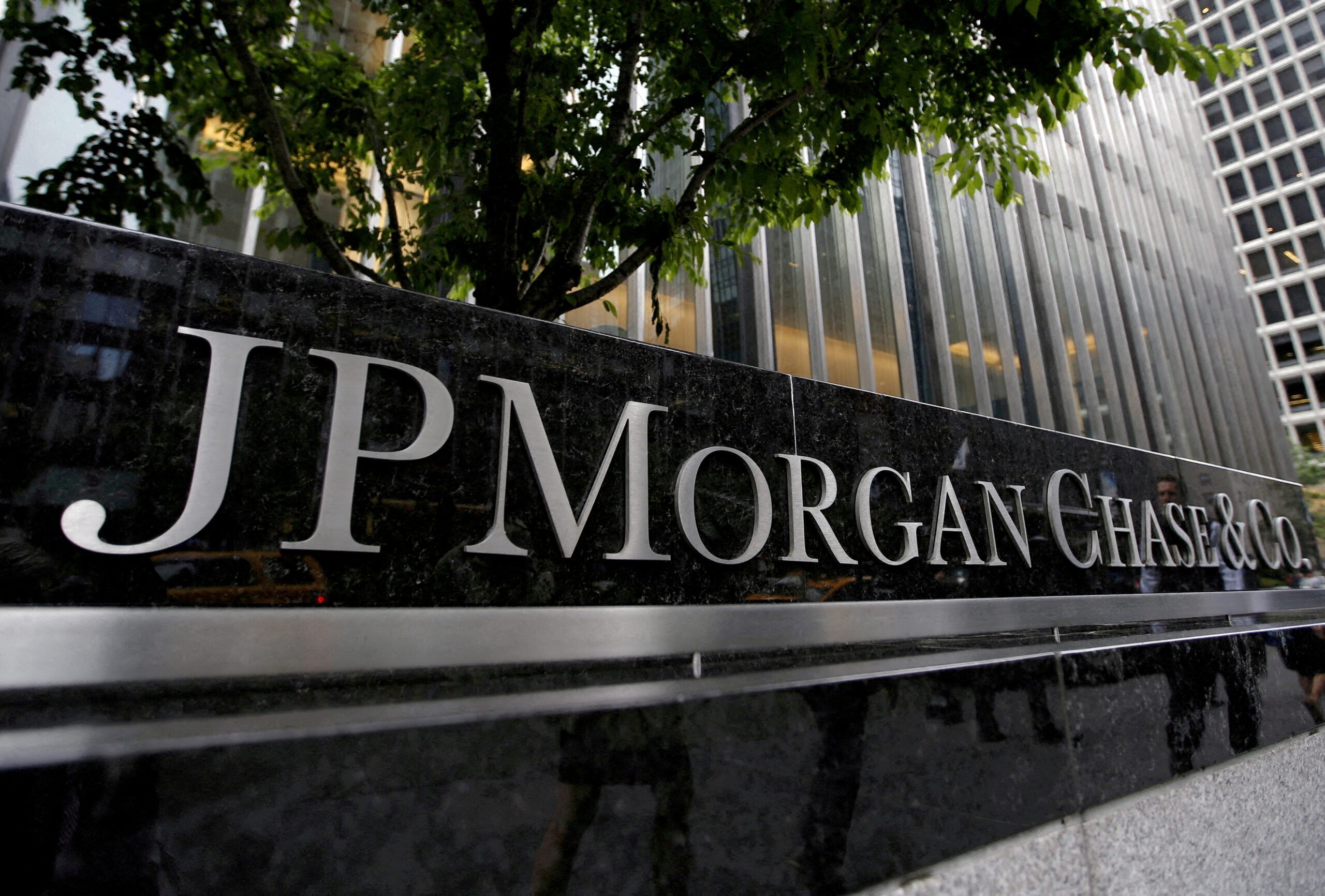|
Getting your Trinity Audio player ready...
|
JPMorgan CEO Jamie Dimon has once again slammed Bitcoin, asserting it has no intrinsic value and is frequently exploited by bad actors. Speaking in an interview with CBS News on Sunday, Dimon compared investing in Bitcoin to smoking, arguing that while people have the right to engage with it, that doesn’t make it advisable.
“We are going to have some kind of digital currency at some point. I’m not against crypto. You know, Bitcoin itself has no intrinsic value. It’s used heavily by sex traffickers, money launderers, ransomware. So, I just don’t feel great about Bitcoin,” Dimon stated.
Dimon’s scathing critique of Bitcoin is not new. Over the years, he has referred to it as a “fraud,” “pet rock,” and “worthless,” often likening its speculative nature to historical bubbles like the Dutch tulip mania. Dimon also reiterated his long-standing warning that investors are likely to face unfavorable outcomes if they continue to speculate on Bitcoin.
Blockchain Gets a Nod Amid Bitcoin Criticism
Despite his harsh stance on Bitcoin, Dimon continues to advocate for blockchain technology. He has acknowledged its practical applications and highlighted JPMorgan’s initiatives in this space, such as the development of JPM Coin for institutional transactions. This nuanced view reflects a broader industry trend of separating blockchain’s technological potential from the controversies surrounding cryptocurrencies.
Dimon on U.S. Politics and Economic Policies
In the same interview, Dimon commented on former President Donald Trump’s election win, attributing it to voter frustration with ineffective governance and a desire for pro-growth policies. He noted that while the current economic indicators—like low unemployment and a robust stock market—are promising, he remains “cautiously pessimistic” about the broader economic outlook.
Dimon’s remarks underline his belief in innovation within regulated frameworks while remaining skeptical of Bitcoin’s legitimacy and broader societal impact. As Bitcoin continues to polarize opinions, Dimon’s critiques highlight the ongoing debate over its role in the financial system.
Disclaimer: The information in this article is for general purposes only and does not constitute financial advice. The author’s views are personal and may not reflect the views of Chain Affairs. Before making any investment decisions, you should always conduct your own research. Chain Affairs is not responsible for any financial losses.
I’m your translator between the financial Old World and the new frontier of crypto. After a career demystifying economics and markets, I enjoy elucidating crypto – from investment risks to earth-shaking potential. Let’s explore!




